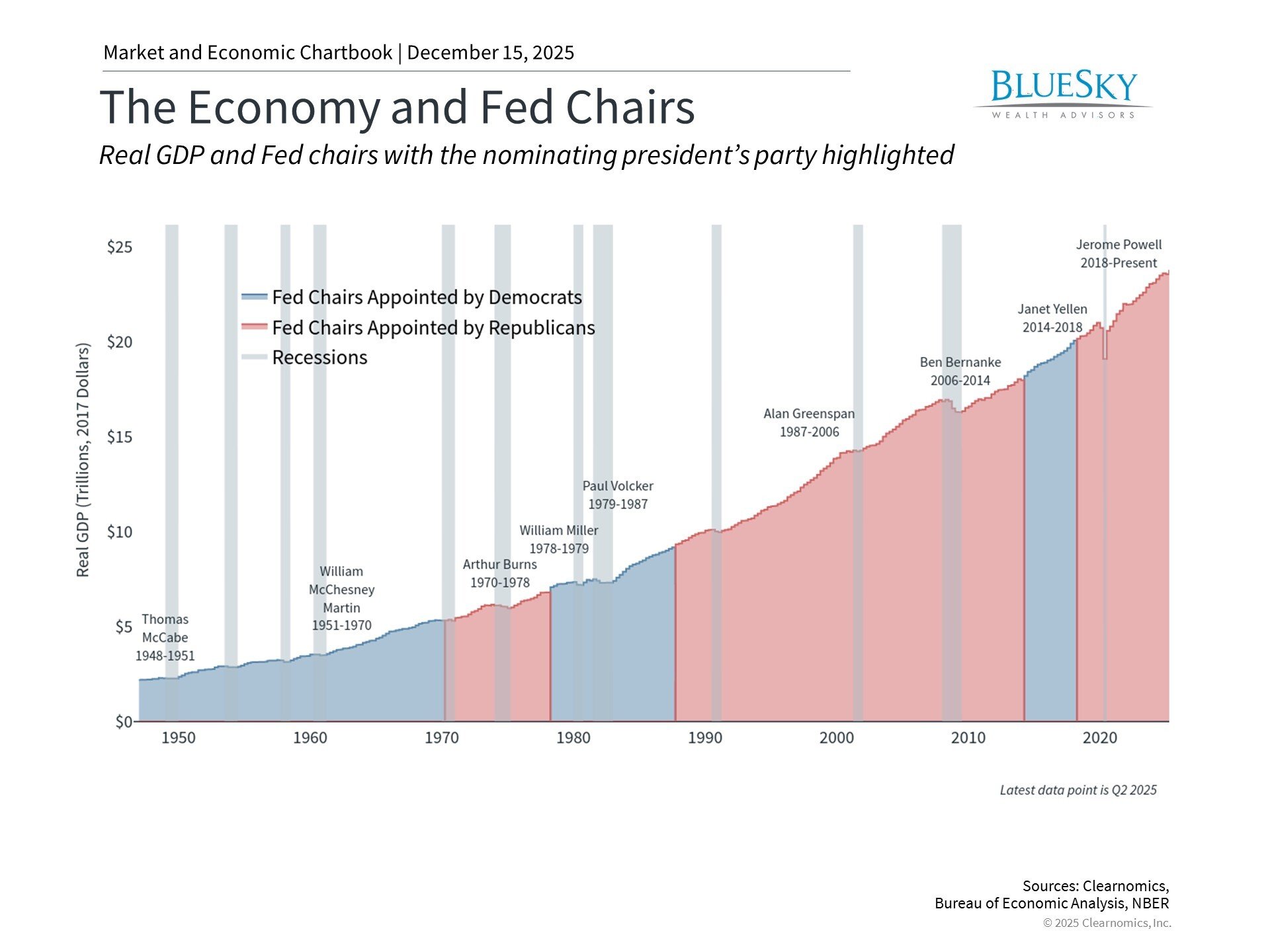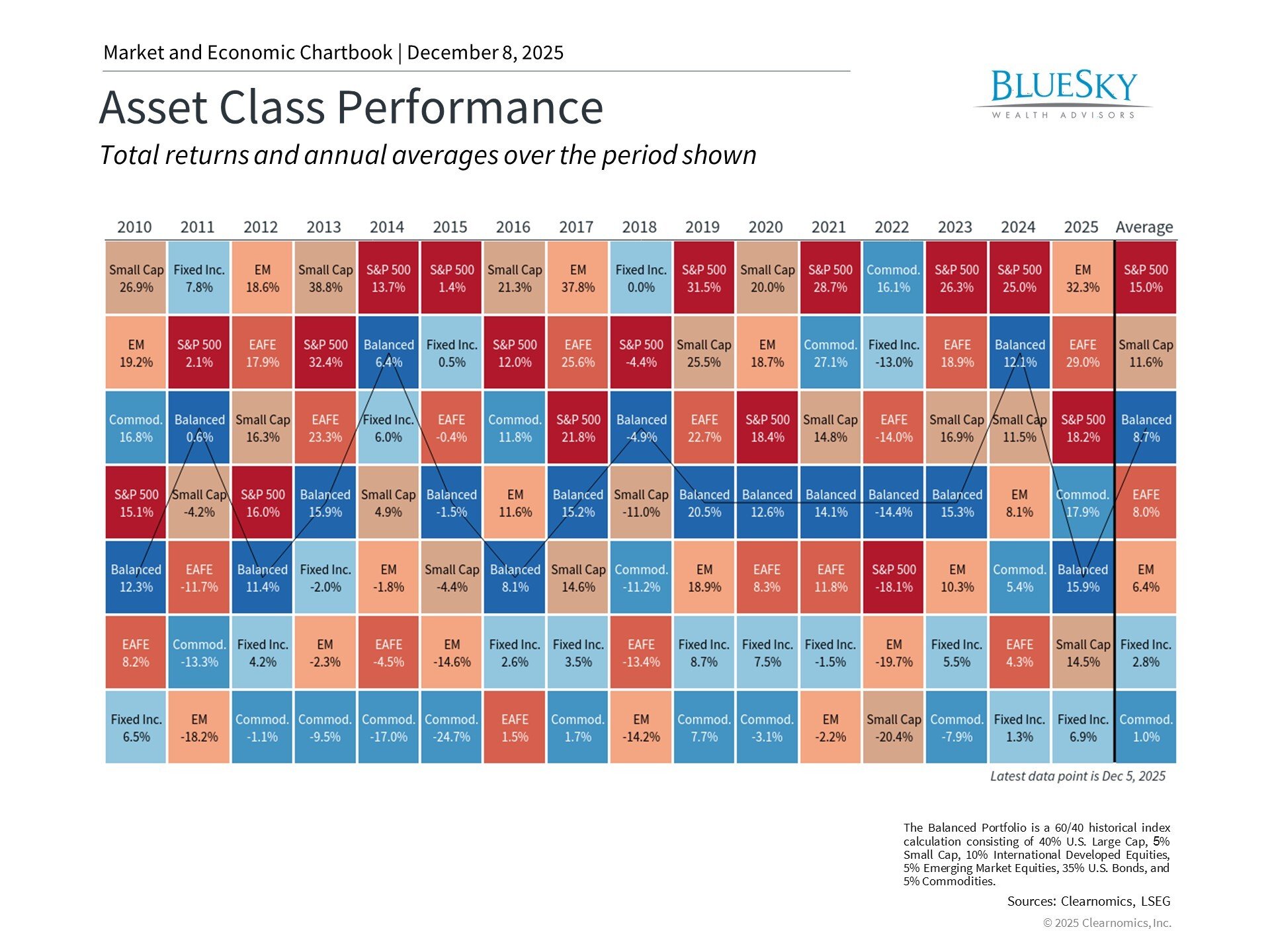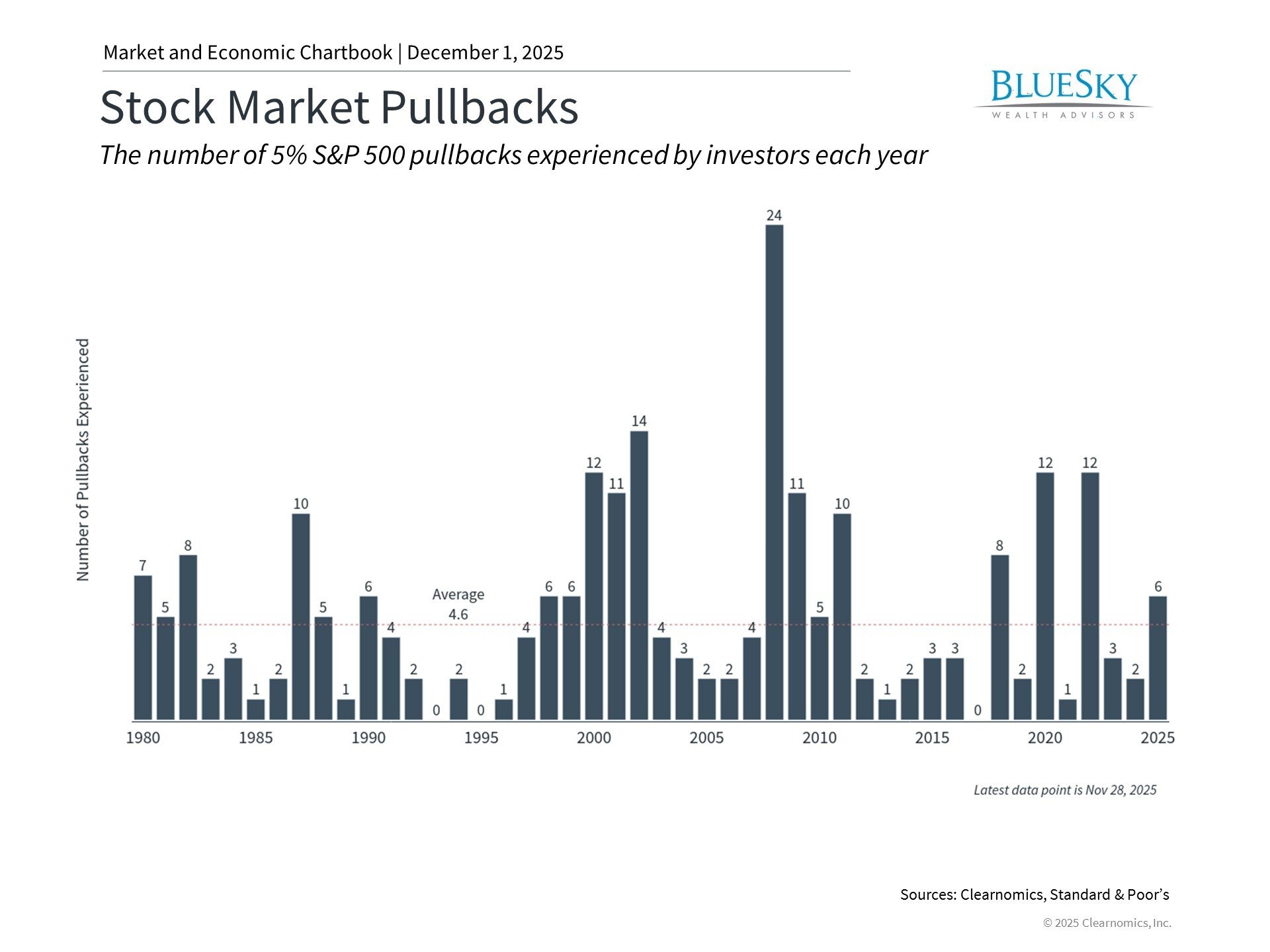
Factors to Consider When Choosing a Wealth Management Firm
Factors to Consider When Choosing a Wealth Management Firm

When it comes to managing our wealth, there are many important decisions that we have to make. Choosing the right wealth management firm to help us achieve our financial goals is one of the most crucial decisions. With so many options available, it can be overwhelming and daunting to determine which firm is the best fit for our specific needs.
However, we can find the perfect wealth management partner with careful consideration and research. In this guide, we will discuss the key factors to consider when choosing a wealth management firm and provide valuable insights to help you make an informed decision. So keep scrolling to discover everything you need to find the right wealth management firm. Let’s get started!
What Are Wealth Management Firms?

Wealth management firms are professional financial advisory companies that provide personalized and comprehensive services to help individuals, families, and businesses achieve their long-term financial goals. These private wealth management firms specialize in managing assets and investments and providing strategic financial planning for their clients. Wealth management firms are known for their expertise in creating tailored investment advisory services that align with each client’s unique situation and needs.
For example, a federal government agency may work with a high-net-worth individual to create an investment portfolio that focuses on preserving their wealth while generating sustainable income for future generations. With their extensive knowledge and resources, wealth management firms can provide valuable guidance and support to help clients navigate complex financial situations. So, if you’re looking for professional advice and assistance in managing your wealth, a wealth management firm is your ideal partner.
What To Consider When Choosing a Wealth Management Firm

Now that we have a basic understanding of wealth management firms let’s dive into the key factors to consider when choosing one. Here are some essential factors that will help you make an informed decision:
Reputation and Track Record
When choosing a wealth management firm, one of the most critical factors is its reputation and track record. A reputable firm with a proven track record inspires confidence and demonstrates its ability to provide exceptional services and deliver successful client outcomes. A wealth management firm’s reputation can be determined through online reviews, client testimonials, and industry awards and recognition.
If you’re considering a specific firm, research and read reviews from their current or previous clients. This will give you valuable insights into the firm’s strengths and weaknesses, allowing you to make an informed decision. So, when choosing a wealth management firm, prioritize those with a solid reputation and impressive track record, among other services.
Services and Specializations
Wealth management firms offer various services, including investment, financial, tax, and estate planning. Before choosing a firm, it’s essential to understand their specific services and areas of specialization. Some firms may specialize in working with high-net-worth individuals or businesses, while others may focus on retirement planning or investment management.
Choosing a firm that aligns with your specific needs and goals is crucial. For example, if you’re a business owner looking for assistance in managing business assets and creating a succession plan, working with a wealth management firm specializing in this area would be best. So, make sure to thoroughly research the services and specializations of a firm before making a decision.
Fees and Charges
The fees and charges associated with wealth management services are essential when choosing a firm. As a client, you want to invest your hard-earned money wisely and not spend it on excessive fees and hidden charges. Before selecting a wealth management firm, ask about its fee structure, including any commissions or percentage of assets under management.
Some firms may also charge a flat fee or hourly rate for their services, while others may offer a combination of fees and commissions. For example, if you have a large investment portfolio, choosing a wealth management firm with an asset-based fee structure would be better than one that charges per hour. This will ensure the firm is incentivized to grow wealth and align with your best interests. Carefully review and compare the fees and charges of different firms before making a decision.
Expertise and Qualifications
Another essential factor to consider when choosing a wealth management firm is the expertise and qualifications of its advisors. Wealth management firms typically have a team of financial advisors with different specializations and experience levels. It’s crucial to know who will manage your portfolio and if they have the necessary knowledge, skills, and qualifications to do so effectively.
Research the credentials of each registered investment adviser in the firm, including their education and professional certifications. For example, you can also check if they are registered with a regulatory body such as the Certified Financial Planner Board of Standards or the Securities and Exchange Commission. These qualifications demonstrate an advisor’s expertise and commitment to high ethical standards in providing financial advice.
Communication and Accessibility
Effective communication and accessibility are key factors when choosing a wealth management firm. As a client, you want to work with advisors who prioritize staying in touch and keeping you updated on your portfolio’s performance. This includes regular meetings, phone calls, or emails to discuss changes or updates to your financial plan. For example, if you have invested a significant amount of money with a wealth management firm, you want to reach them easily in case of any urgent financial matters or questions.
A lack of communication and accessibility can lead to frustration and potential losses if important decisions are delayed due to unresponsiveness from the firm. It’s also essential to consider how a firm communicates with its clients. Some prefer face-to-face meetings, while others are more comfortable with virtual communication. Make sure to discuss your preferred method of communication with the firm and choose one that aligns with their communication style for a smooth and effective relationship.
Technology and Tools
Technology plays a pivotal role in wealth management in today’s fast-paced and digitally-driven world. Selecting a firm with sophisticated technology and tools can enhance your experience and portfolio management. Modern wealth management firms use software for portfolio management, risk assessment, and reporting that provides clients with up-to-date information and comprehensive analysis.
For example, having access to an online platform where you can view your portfolio’s performance in real time and communicate with your advisors can significantly improve your ability to stay informed and make timely decisions. Furthermore, a firm that invests in cybersecurity measures assures the safety of your financial data. When comparing wealth management firms, consider the technology and tools they use and ensure they meet your needs for security, convenience, and accessibility.
Benefits of Choosing the Right Wealth Management Firm

Choosing the right wealth management firm can significantly impact your financial success and peace of mind. By selecting a reputable, experienced, and trustworthy firm that aligns with your specific needs, you can benefit from the following:
Personalized Financial Advice and Tailored Solutions
Personalized financial advice and tailored solutions are the cornerstones of exceptional wealth management services. Imagine you’re at the helm of a thriving small business; your days are filled with critical decision-making and strategic planning. Here, the expertise of a reputable wealth management firm becomes invaluable. They meticulously evaluate your unique financial situation, whether optimizing cash flow, reducing tax burden, or preparing your estate plan.
The advisors take time to understand the nuances of your financial life, offering bespoke strategies that resonate with your goals. For example, a seasoned wealth manager can orchestrate a comprehensive plan to mitigate currency fluctuations and regulatory compliance risks if you want to expand your operations internationally. This personalized approach ensures that every piece of advice you receive is not just a generic guideline but a potent action plan sculpted to fit your business’s ambitions like a well-tailored suit. It’s this level of customization and attention to detail that can pivot a thriving business into a market leader, all while reinforcing your personal financial security.
Comprehensive Financial Planning
Comprehensive financial planning is more than investment advice. It’s a holistic approach to managing wealth and achieving long-term financial goals. It encompasses all aspects of your financial life, from retirement and tax strategies to estate planning and insurance coverage. Wealth management firms can create a roadmap that guides you toward financial stability and growth by considering your financial situation.
For instance, they can help you understand how different investment opportunities align with your risk tolerance and retirement timeline, ensuring each financial decision contributes to your broader objectives. Whether you’re looking to secure your family’s future, fund your children’s education, or maintain a certain lifestyle during retirement, comprehensive financial planning seeks to bring your various financial elements into a cohesive, strategic plan.
Access to Expertise and Diverse Perspectives
Access to expertise and diverse perspectives is crucial to partnering with the right wealth management firm. These firms typically house-seasoned professionals from various financial disciplines, allowing clients to benefit from a broad spectrum of knowledge and experience. Whether you need insights into emerging markets, understanding complex tax legislation, or navigating the intricate world of estate planning, a multidisciplinary team can provide a well-rounded approach to your financial health.
For example, you are an investor looking to diversify their portfolio across different asset classes and global markets. A wealth management firm with access to international financial experts and market analysts could offer the investor various perspectives that inform smarter investment choices tailored to the current economic climate and future market forecasts. This collective expertise enables the creation of robust financial strategies that can adapt to an ever-changing financial landscape, ensuring the investor’s portfolio is resilient and dynamic.
Dedicated Relationship Management
In the world of wealth management, building strong relationships is the key to success. Partnering with the right firm provides access to dedicated relationship management that seeks to understand your unique financial needs and goals. This personalized approach means having a single point of contact who will guide you through every step of your financial journey and be your advocate within the firm.
If you are a high-net-worth individual with a complex financial situation, including multiple properties, investments, and estate planning considerations. A dedicated relationship manager would work closely with you to understand your current assets and liabilities and develop a comprehensive plan that ensures your wealth is protected and optimized for future growth. This level of personalized attention lets you have peace of mind, knowing that your financial affairs are managed with care, expertise, and attention to detail.
Access to Advanced Technology and Tools
In today’s digital age, technology is essential to wealth management. By partnering with the right firm, you can benefit from access to advanced technology and tools that streamline processes and enhance the overall client experience. From secure online portals for viewing account information and accessing financial documents to data analytics tools that provide valuable insights into your investments, financial technology can significantly improve the efficiency and effectiveness of wealth management services.
For example, you are a business owner with multiple investment accounts across various financial institutions. In that case, an advanced wealth management firm’s technology can consolidate all your accounts under one platform, providing a comprehensive view of your assets and helping you make better-informed decisions. This access to advanced technology and tools also allows for more frequent communication and transparency between you and your financial advisor, facilitating a stronger partnership and better outcomes for your wealth.
Challenges in Wealth Management

While wealth management offers numerous benefits, it has its fair share of challenges. Some of the most common challenges include:
Complex and Ever-Changing Regulations
The financial world is constantly in flux, often governed by complex regulations varying significantly between jurisdictions. Navigating this labyrinthine regulatory environment poses a significant challenge, as laws and rules frequently evolve in response to ever-shifting economic landscapes and financial crises. As an investor, you must stay abreast of these changes to ensure compliance and optimize your wealth management strategy effectively.
For instance, with a surge in global cross-border investments, international tax laws have become increasingly intricate and can significantly impact your portfolio’s performance. Wealth management firms must continuously monitor and interpret these regulations to provide clients with informed recommendations that align with their financial goals while remaining compliant with all necessary regulations. This challenge requires constant vigilance and expertise, making it a crucial aspect of wealth management services.
Rapidly Changing Technological Landscape
The speed at which technology is evolving presents both opportunities and challenges in the realm of wealth management. Firms must stay on the cutting edge, adopting new tools and innovations that enhance investment strategies and client services. However, integrating these technologies requires substantial investment and expertise to protect cyber security and data.
Clients expect seamless digital experiences, personalized service, and full accessibility to their financial information, pushing firms to update their platforms and adapt to the digital revolution constantly. For instance, the rise of fintech startups has disrupted the traditional landscape, introducing advanced algorithms, robo-advisors, and blockchain technology, all of which wealth managers must contend with to remain competitive and relevant in the market.
Inflation and Market Volatility
Inflation and market volatility are significant concerns for investors and wealth managers alike. Navigating these economic factors requires a keen understanding of the macroeconomic environment and the likely impact on individual investments. Inflation can erode purchasing power and diminish the real returns on investments, prompting a need for proactive strategies to hedge against its effects.
Similarly, market volatility can lead to substantial fluctuations in asset prices, making wealth management strategies need to include a diverse asset allocation that mitigates risk and leverages opportunities within different market cycles. For example, implementing fixed-income solutions or real assets like property and commodities can provide a buffer against inflationary pressures, while a mix of stocks, bonds, and alternative investments can offer protection against sudden market shifts. Adapting to these challenges is crucial to preserving and growing wealth in an unpredictable economic landscape.
Conclusion
Wealth management encompasses a comprehensive approach to safeguarding and increasing one’s financial resources. It requires a balance of personalized service, strategic planning, and innovative use of technology to overcome challenges such as complex regulations, technologically driven market shifts, inflation, and market volatility. By staying vigilant and adaptive, investors and wealth managers can craft strategies considering the current financial landscape and future global economic trends. The essence of wealth management lies in its dynamic nature, where success is defined by the ability to anticipate and respond to an ever-changing financial environment with foresight and flexibility.





